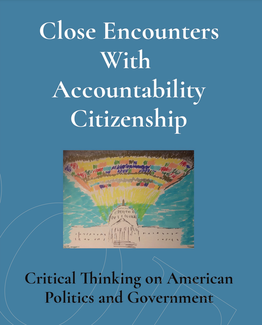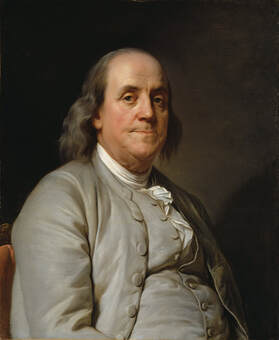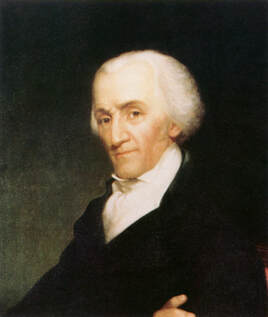
 The recent Supreme Court ruling on affirmative action is a step backwards, and is inconsistent with the Court's other rulings on civil rights. In Chapter 6 of his most recent book, Close Encounters With Accountability Citizenship, Stephen Tryon addresses the reasons affirmative action programs are still necessary in the United States: specifically, because our society still manifests "disparate impact" based on race.
0 Comments
 Benjamin Franklin was a leading intellectual of the 18th century who was also one of the Founding Fathers of the United States. He was a successful printer, scientist, inventor and diplomat who signed both the Declaration of Independence (which he helped draft) and the Constitution. At the time of the Constitutional Convention (1787), Franklin was serving as the 6th "President" of Pennsylvania (Governor). He served as the Ambassador to Sweden and then as Ambassador to France. Later, he became the first Postmaster General of the United States.  Elbridge Gerry was a wealthy Massachusetts merchant who was active in opposing British rule in the years leading up to the Revolutionary War. He was elected to the Second Continental Congress, and signed both the Declaration of Independence and the Articles of Confederation. Gerry was an active participant in the Constitutional Convention in the summer of 1787, helping shape key aspects of the Constitution, including equal representation for states of all sizes in the United States Senate. He opposed the Three-Fifths Compromise. At the end of the Convention, however, he was one of three delegates who refused to sign the Constitution. His refusal was due to the lack of a Bill of Rights in the draft that the delegates were asked to sign. Later in his life, he became Governor of Massachusetts in 1810 and Vice President in 1813. |
AuthorAuthor of Thy King Dumb Come and Accountability Citizenship, Stephen P. Tryon is a businessman and technologist with extensive experience in e-commerce, a retired Soldier, and former Senate Fellow. Archives
January 2024
Categories |

 RSS Feed
RSS Feed
